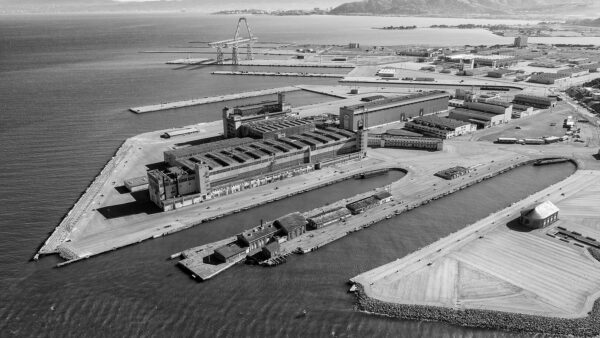Japanese contractor Shimizu has admitted colluding with rival contractors to divide up work on a $80bn project to build a maglev line between Tokyo and Nagoya. Japanese competition authorities had given firms until Monday to admit fixing bids in return for leniency.
Shimizu, the country’s third largest construction group, joins Obayashi, the largest, in admitting wrongdoing. Obayashi confessed to the Japan Fair Trade Commission last month that it colluded to share information and divide up projects.
Shimizu originally denied collusion. In its admission, it said in mitigation that its officials were the last to join the illegal meetings.
The country’s other two major general contractors, Kajima and Taisei, continue to maintain their innocence. According to the Nikkei Asian Review, they admit that company officers met and exchanged information about the projects, but deny that they actually fixed bids or agreed to share out the work.
Obayashi reportedly confessed under pressure from its shareholders that it had colluded with Taisei, Kajima and Shimizu.
Companies that violate antitrust laws are usually required to pay 10% of sales from related projects as fines. With Obayashi estimated to have won orders of around $550m for four maglev projects, it would have been liable for a fine of about $55m. If firms admit wrongdoing before an investigation, this fine may be waived altogether. If they come clean after an investigation begins and volunteer new information, they may receive a 30% discount on their penalty.
The president of Japan’s Obayashi Corporation, Toru Shiraishi, is to step down and become a director. He will be replaced by Kenji Hasuwa, the present managing director.
Image: Japan’s Fair Trade Commission office in Tokyo (Creative Commons)
Further reading:










